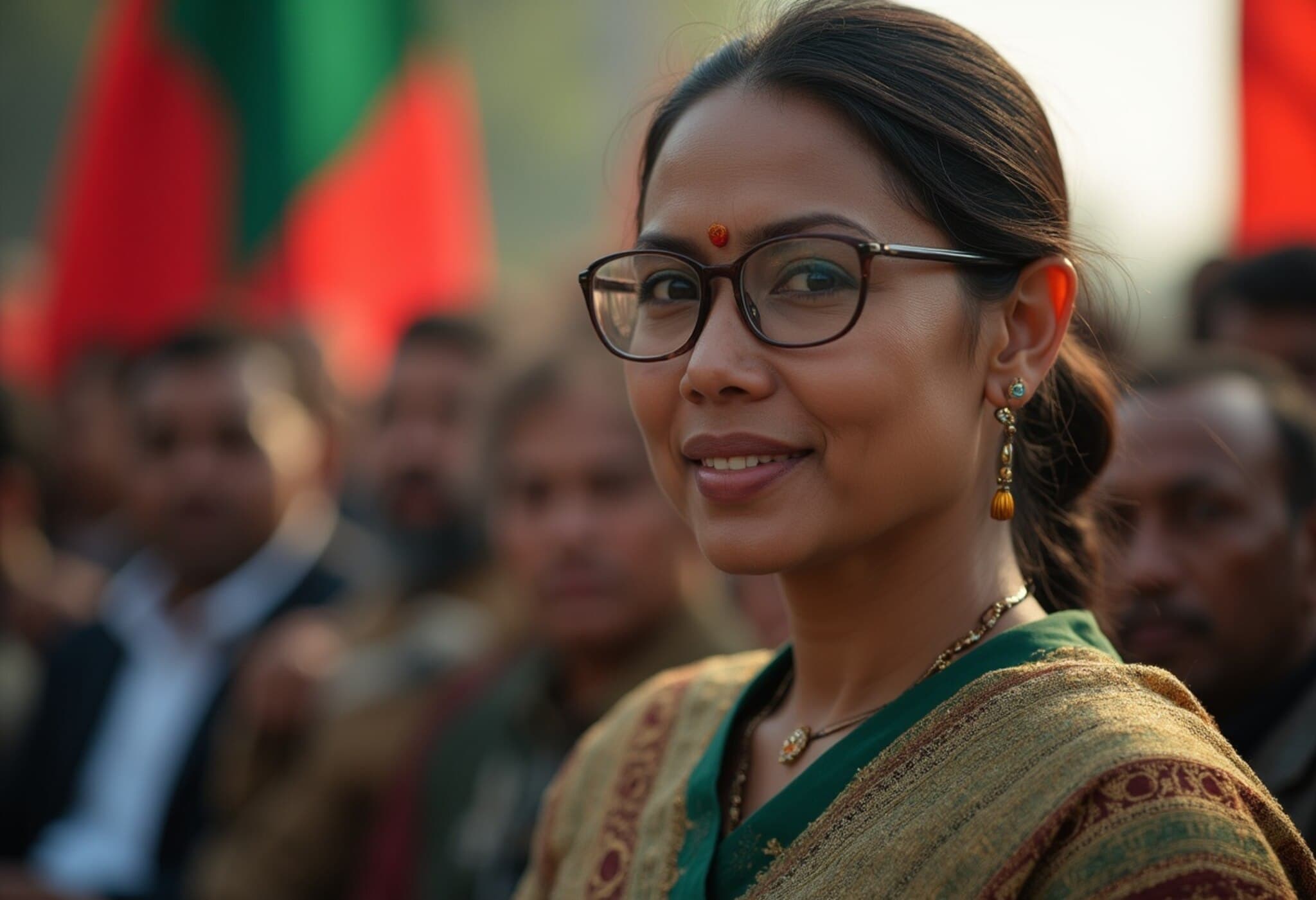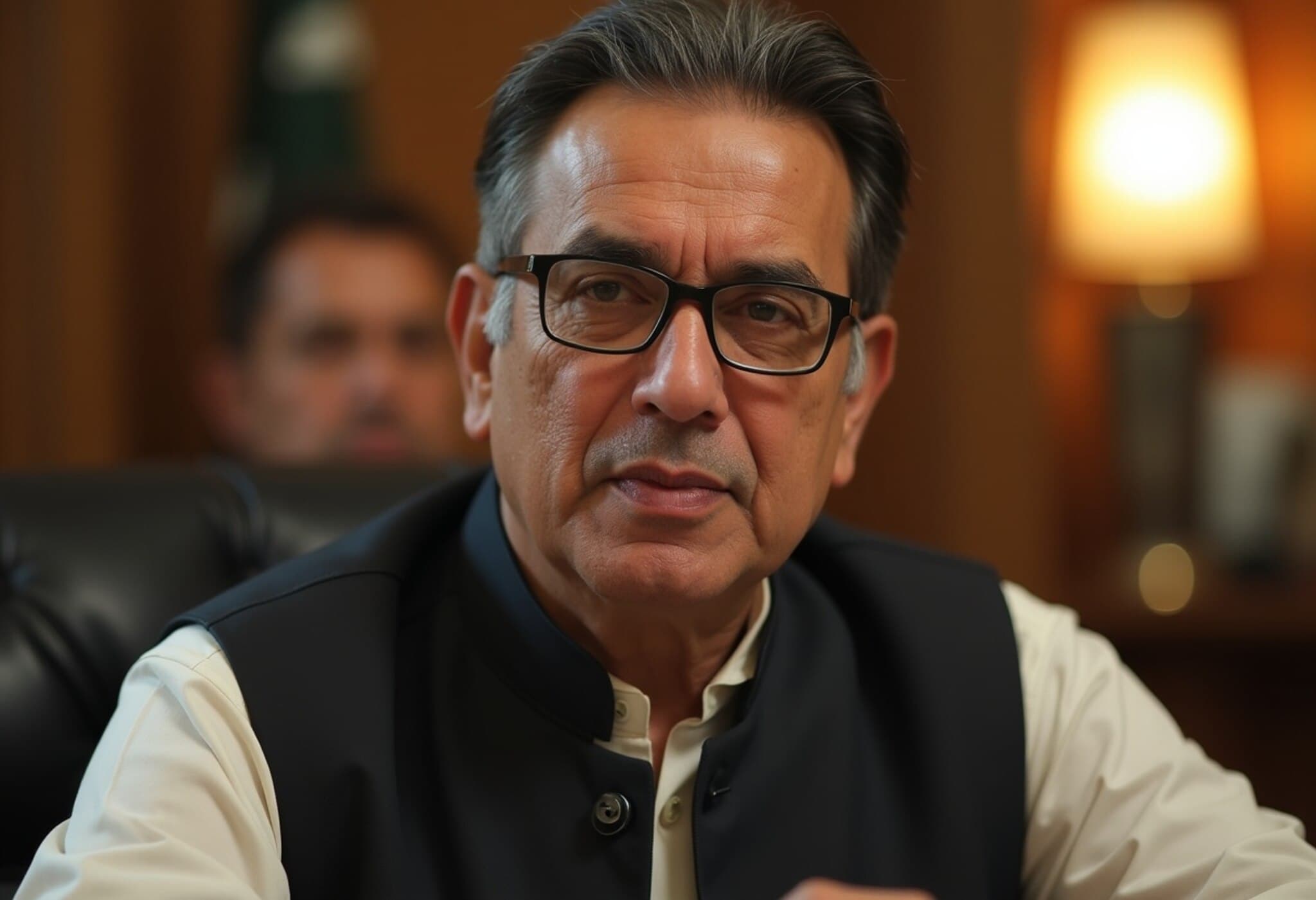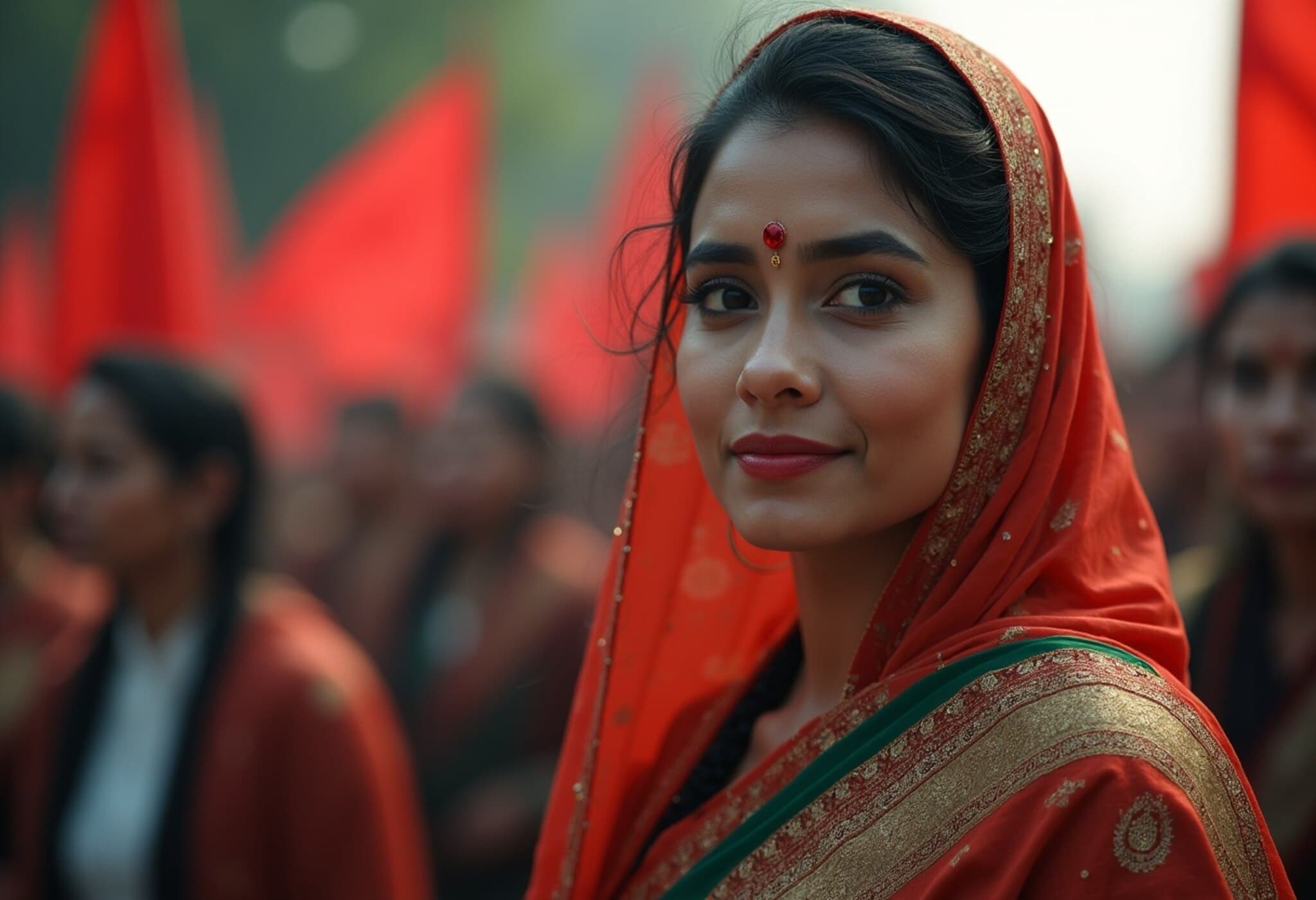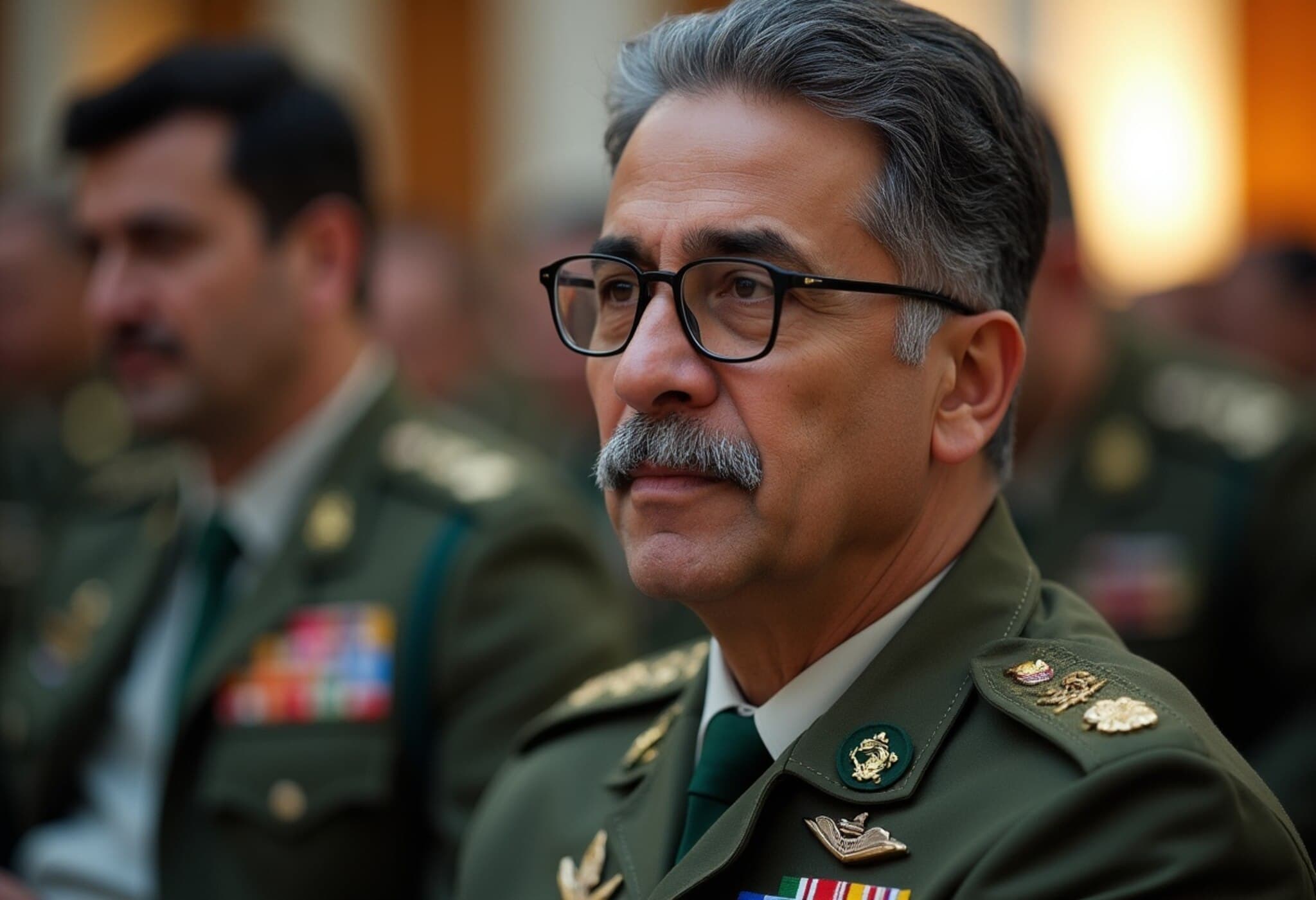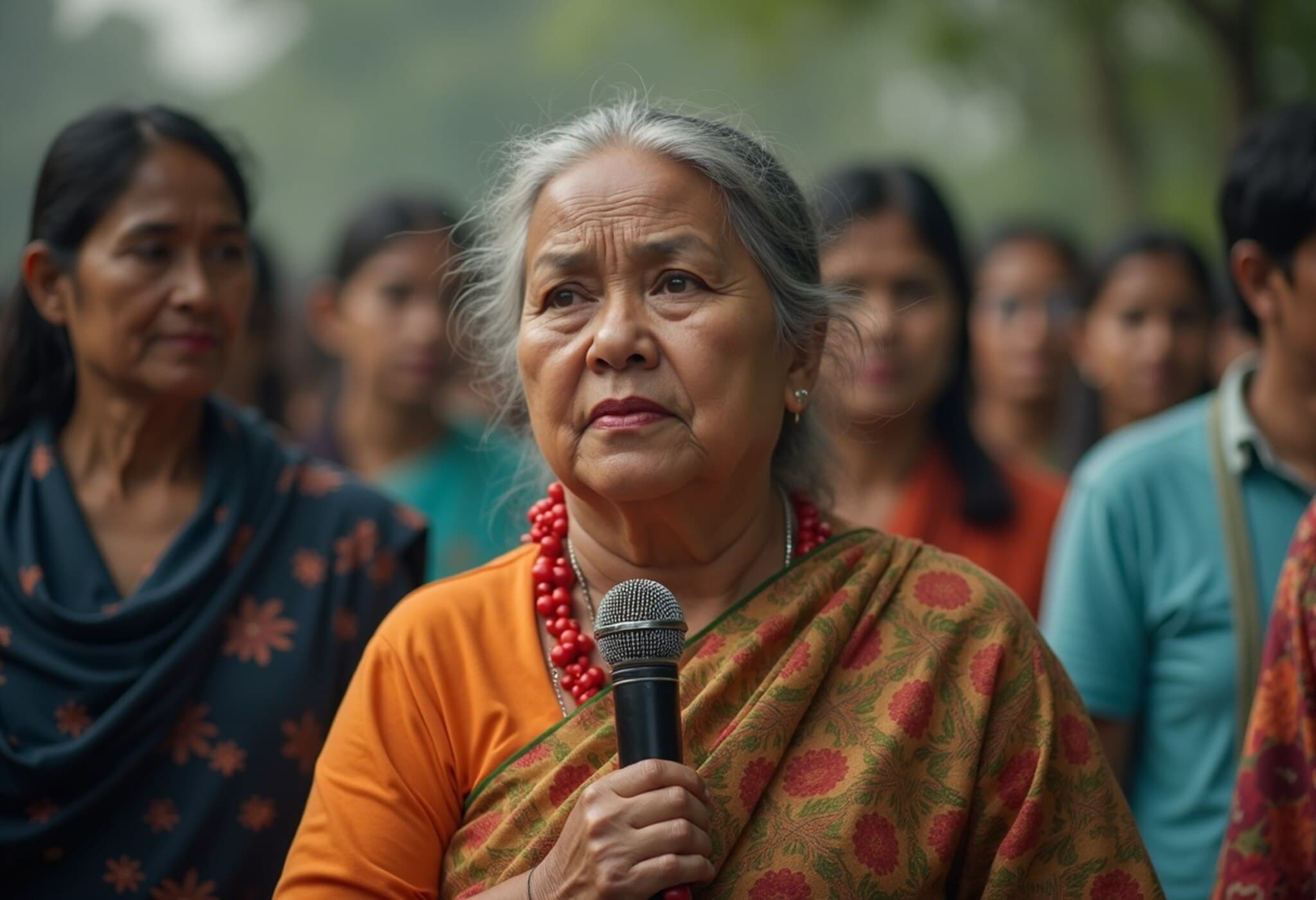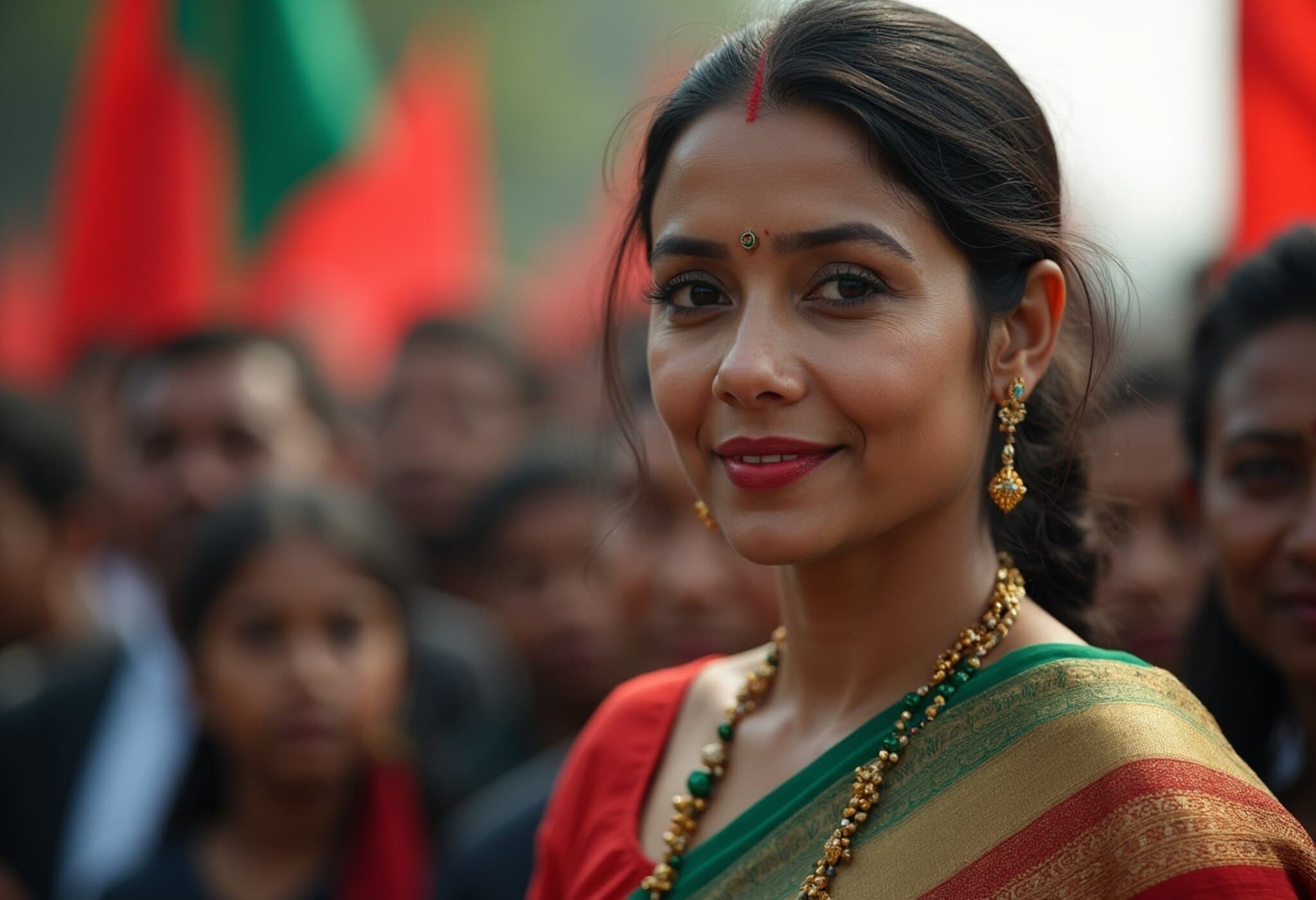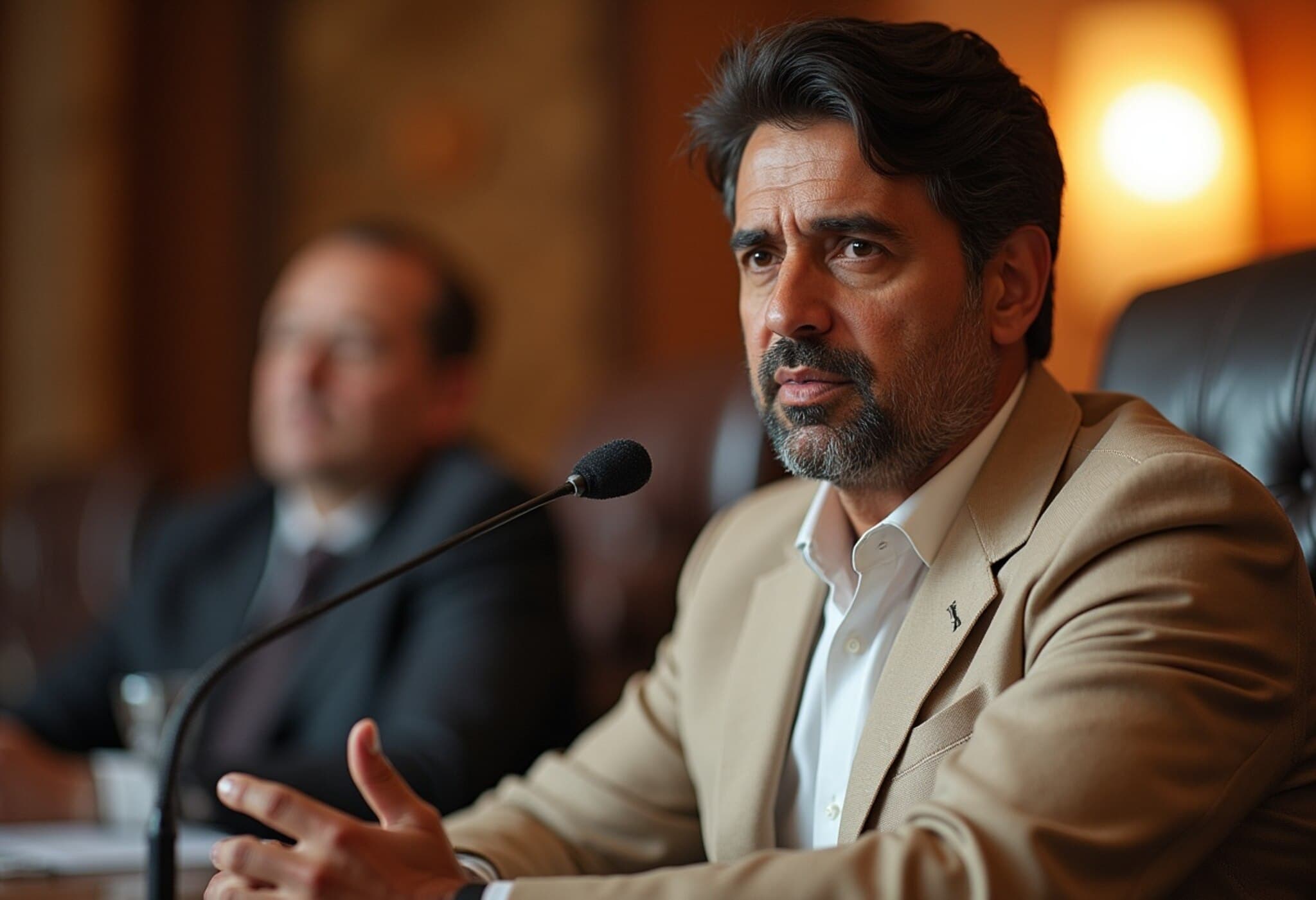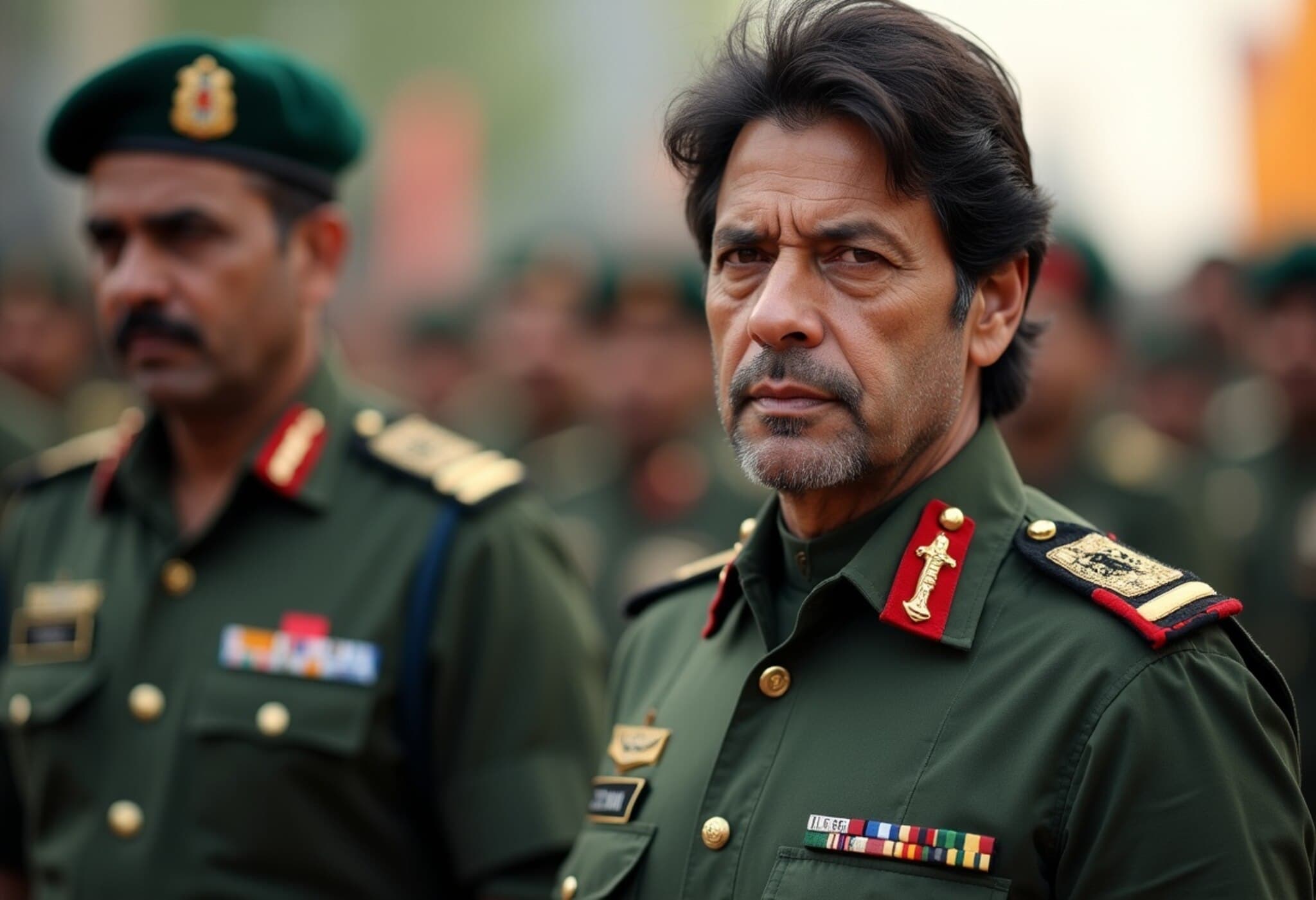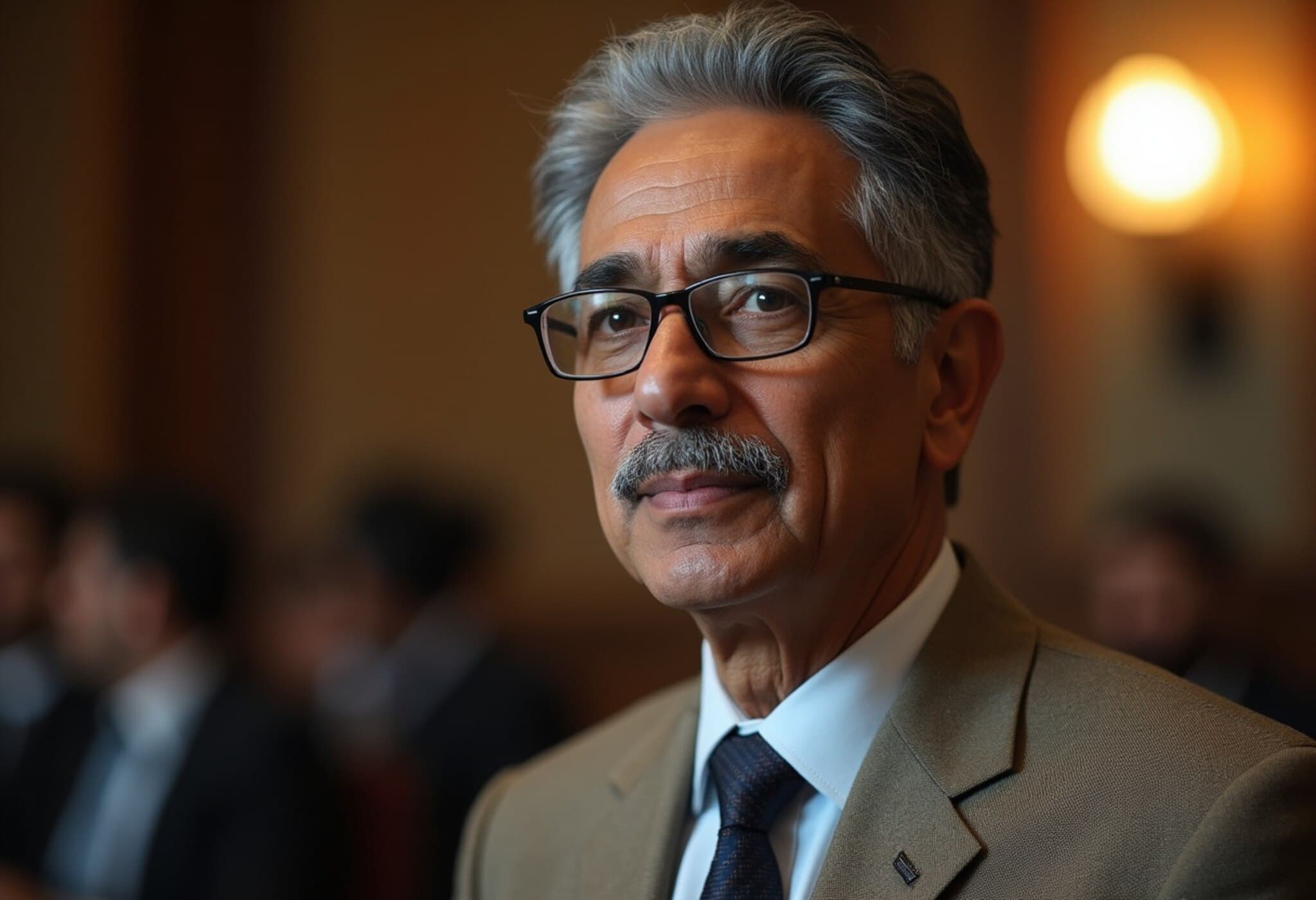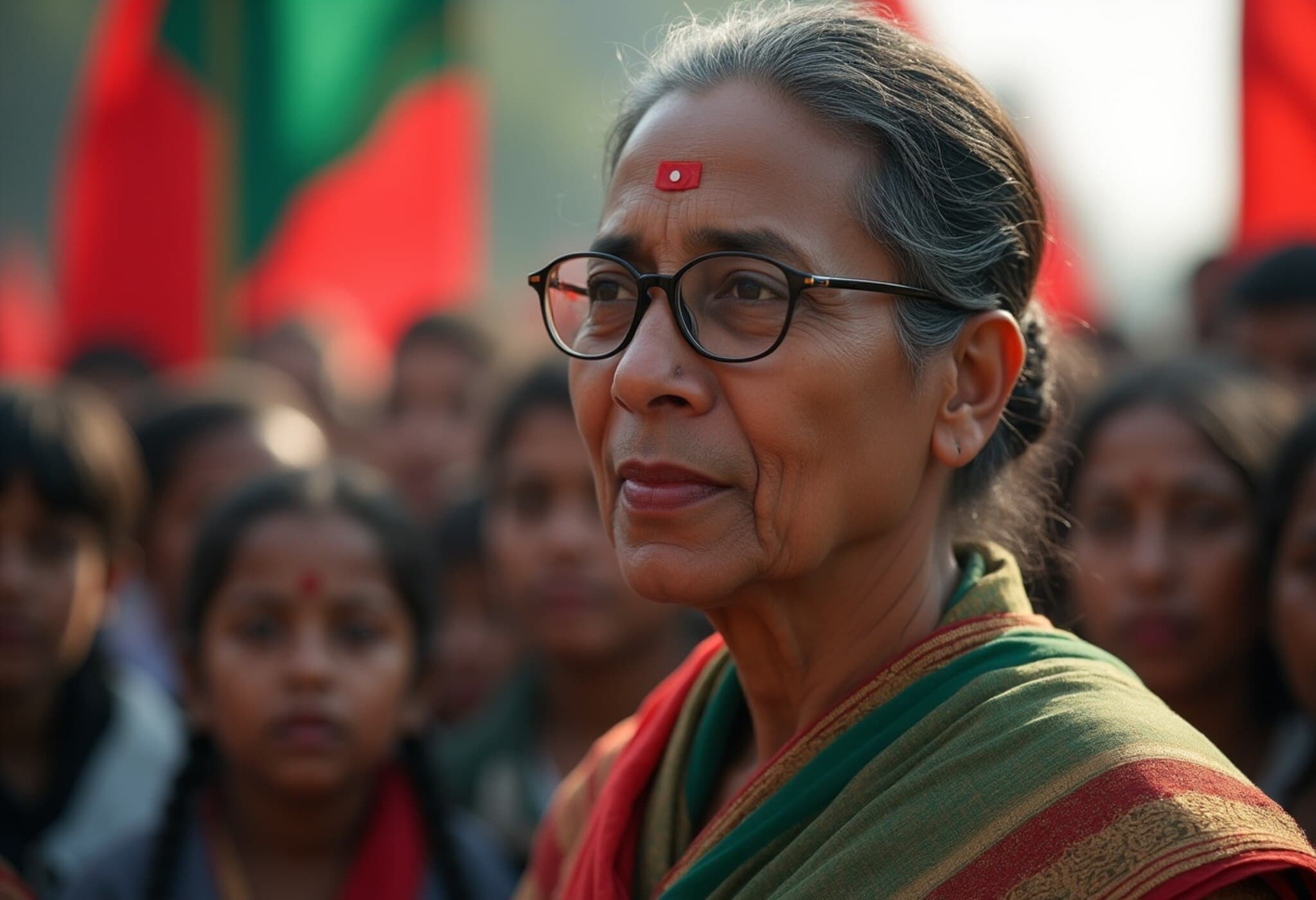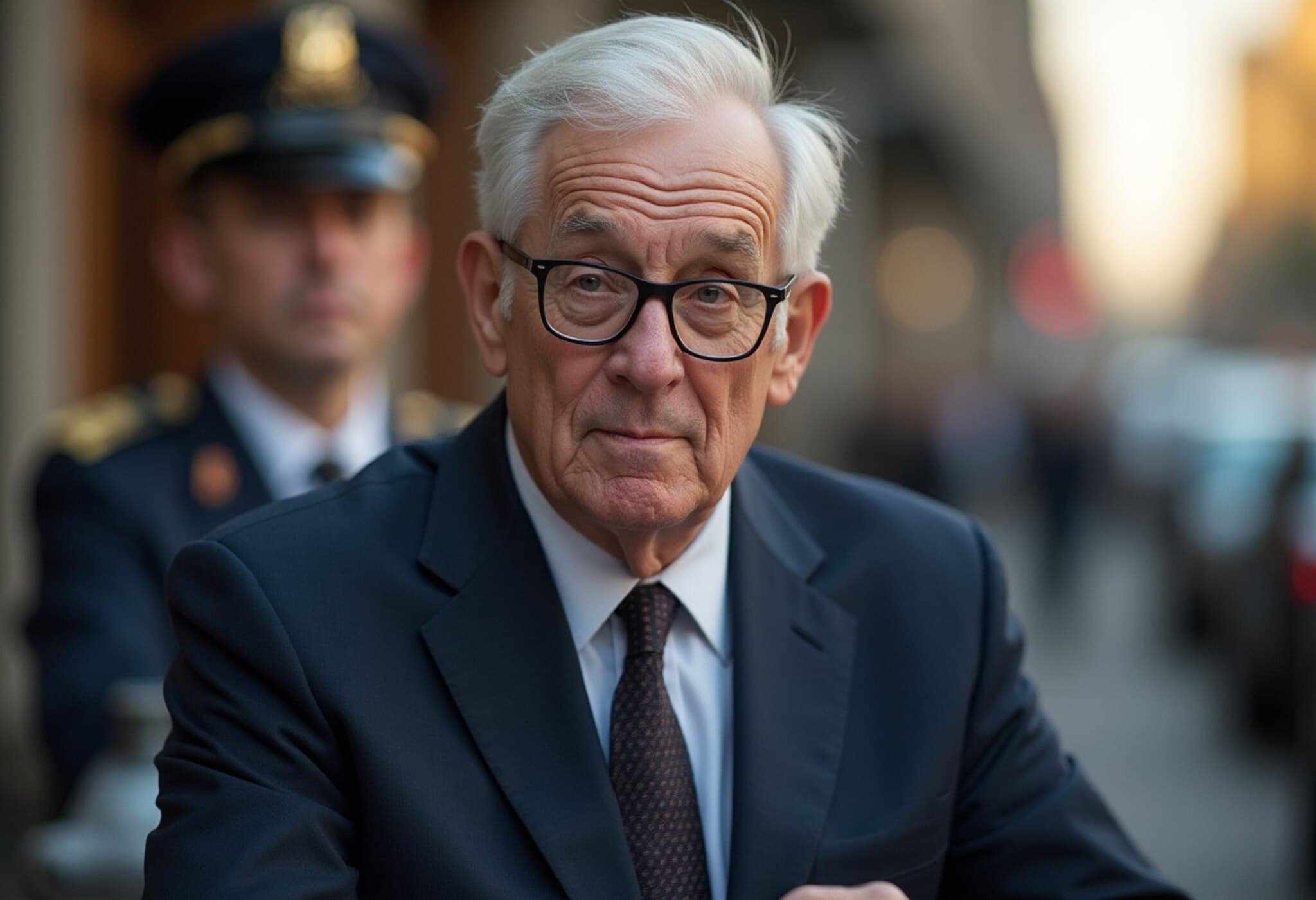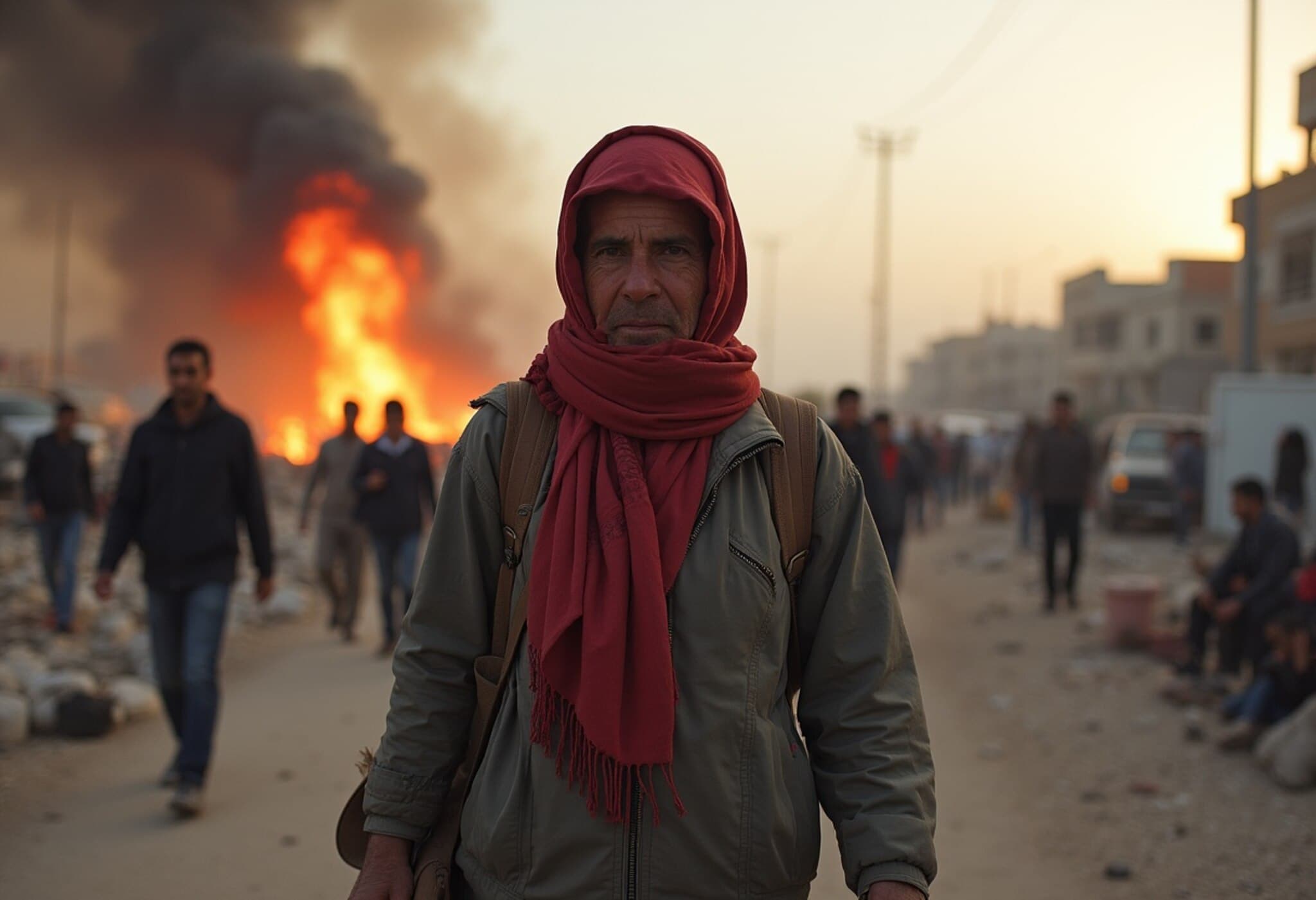Bangladesh Agrees to Reinstate Caretaker Government System After Over a Decade
In a significant political development, key stakeholders in Bangladesh have finally reached a consensus to revive the caretaker government system, a mechanism that was abolished more than ten years ago. This revival marks the end of a persistent 14-year struggle across the nation to reintroduce a system designed to ensure impartial election oversight.
The Roots of the Caretaker Government System
Originally instituted in Bangladesh to guarantee free and fair elections, the caretaker government was a temporary, neutral administration installed between elected governments to oversee the electoral process. Its abolition sparked intense political debates and concerns about electoral integrity, leading to years of activism and negotiations.
Recent Developments and the Role of the National Consensus Commission
The breakthrough came during dialogues led by the National Consensus Commission, with vice-chairman Ali Riaz stating, “We have all been part of a 14-year-long struggle to restore the caretaker government system. At today’s discussions, we successfully reached an agreement on its reintroduction.” This consensus follows persistent calls from various political factions seeking a mechanism to manage elections impartially.
Political Landscape: Who’s In and Who’s Out?
It is important to note that the discussions, orchestrated under the interim government headed by Nobel Laureate Muhammad Yunus, have seen a divided participation. Both the ruling Awami League and the Jatiya Party have chosen not to engage in this political dialogue. Their absence raises critical questions about the inclusivity and future implementation of the caretaker system.
Why Does This Matter?
- Electoral Integrity: The caretaker system is viewed as a safeguard to ensure transparent elections in a politically vibrant country where electoral disputes have had significant social repercussions.
- Democratic Stability: Restoring this system could reduce political tensions by offering a neutral platform during election periods.
- Policy and Governance Implications: The move may signal a shift in Bangladesh’s political strategy ahead of upcoming elections, influencing both domestic governance and international perceptions.
Unanswered Questions and Expert Perspectives
While the agreement marks progress, political analysts underscore several challenges ahead:
- Implementation Details: Who will compose this caretaker government, and how will neutrality be ensured?
- Legal Framework: Given the system was abolished over a decade ago, what constitutional amendments or legal changes are necessary?
- Political Buy-in: Will key political parties like Awami League and Jatiya Party eventually endorse the framework?
American policy scholars note that similar caretaker models have been used in various democracies worldwide to enhance electoral trust, but success often depends on buy-in from all major players and a robust institutional framework.
Looking Ahead: The Road to 2025 Elections
As Bangladesh prepares for the next general elections, the reinstatement of the caretaker government system could be a pivotal factor influencing political stability. However, ensuring the process is transparent, inclusive, and firmly grounded in law remains critical.
Editor’s Note
The revival of Bangladesh’s caretaker government system symbolizes a heartfelt desire for electoral fairness after years of contention. But with major political groups currently absent from the dialogue, one must ask: Can the nation truly unify behind this mechanism again? Readers should watch closely how Bangladesh navigates these complexities, as the outcome will significantly shape its democratic path and regional political balance.

